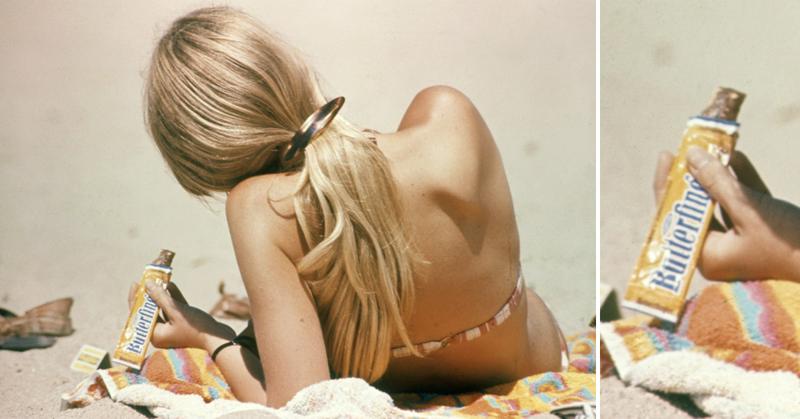1960s Sugar Companies Paid Harvard Scientists To Make Fat The Leading Cause Of Heart Disease
By | September 12, 2019

In 1967, three Harvard researchers took money from the sugar industry to downplay the harmful effects of sugar. That's right -- it was an old-fashioned, straight-up bribe. The Harvard scientists were conducting a review of reports about the causes of heart disease, and on orders from the Sugar Research Foundation, they fudged their findings and instead pointed the finger at fats. Parents, schools, and individuals have followed the bad tips for decades now, and Americans' health has declined.

Research into the health pros and cons of the many things we put into our bodies is vital to our health. It may surprise some to learn that the science regarding the foods and liquids we put into our bodies changes as researchers make new discoveries. Believe it or not, at one point humans thought cocaine, tapeworms, lobotomies, and tobacco actually helped various maladies and our overall health!
This quote from CNN might blow your mind:
Cocaine was promoted as a wonder drug, sold as a cure-all and praised by some of the greatest minds in medical history, including Sigmund Freud and the pioneering surgeon, William Halsted.
Clearly, many mistakes were made, hopefully, honest ones. However, when greedy executives try to meddle in science like the sugar industry attempted to do in the ‘60s, people’s health is put at risk.
Don’t Sugarcoat It

Within the past few years, researchers at the University of California discovered that the sugar industry paid off three Harvard scientists to downplay the link between sugar and heart disease. They also asked that researchers frame saturated fats as the real culprit.
The Bribe

That conveniently bought explanation resulted in sugar executives' cash crop to cause untold heart problems for millions of people. The bribes, that amounted to $50,000 in today’s money, stunted sugar research for decades and improperly shaped the dietary recommendations we know today.
The Damage

According to Stanton Glantz, a professor of medicine at U.C.S.F., “They were able to derail the discussion about sugar for decades.” It may not sound that egregious unless you realize how bad sugar actually is for us humans. It’s like feeding a dog cocaine and calling it vitamins.
Marion Nestle, a professor of nutrition, food studies and public health at New York University, found the discoveries terrible, “I think it’s appalling. You just never see examples that are this blatant.”
New Decade, Same Story

Unfortunately, this wasn’t the last time a company dealing sugar-like “El Chapo” got caught trying to influence dietary warnings. In 2015, The New York Times wrote an article detailing Coca-Cola’s multi-million dollar funding to further downplay the connection between their sugary drinks and obesity.
Additionally, The Associated Press reported how candy makers attempted to prove that kids who ate candy weighed less than those who didn’t. Clearly, these companies don’t care about the welfare of those who eat their products, only how much money they can make off of them.
Who, Us?

Of course, the sugar industry’s response to such accusations lands worse than a second-grader’s excuse. A sugar spokesman said, “[They] should have exercised greater transparency in all of its research activities.” However, in typical fashion, they actually defended the same research that was obviously tainted. The sugar industry went on to say without an ounce of shame that sugar “does not have a unique role in heart disease.”
